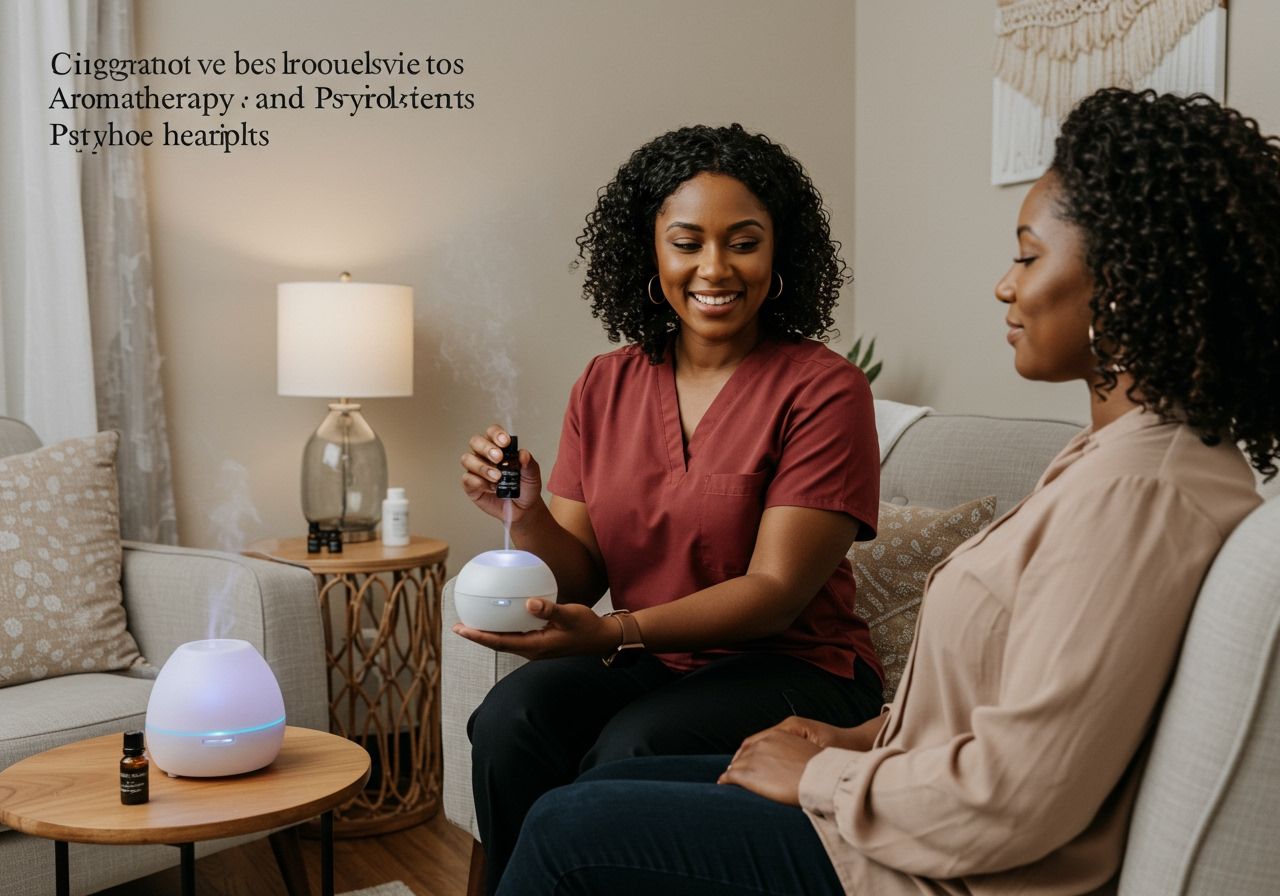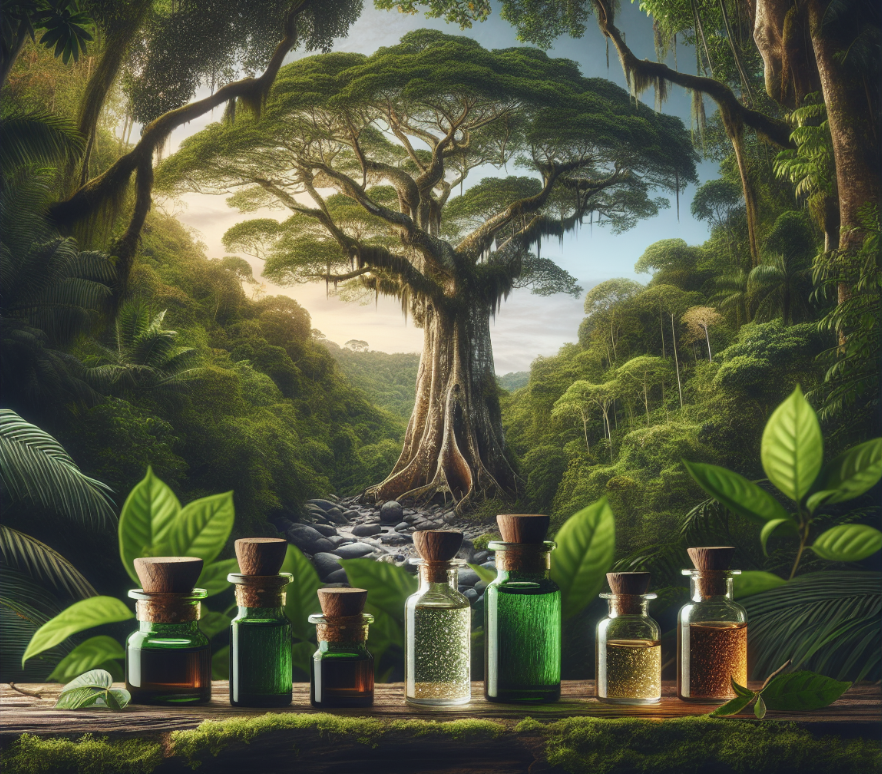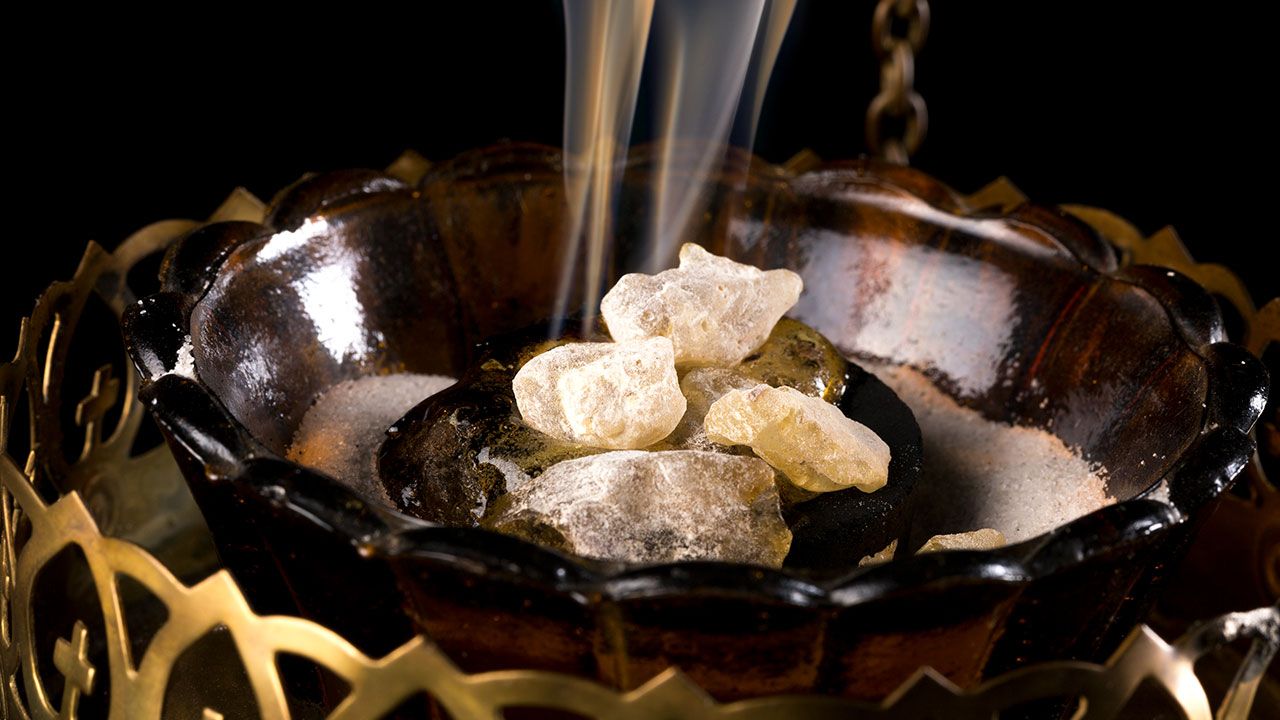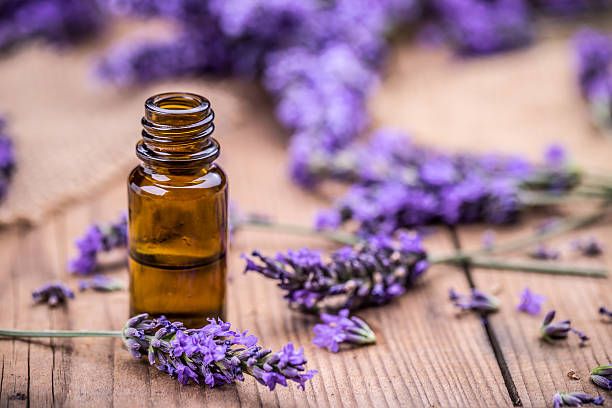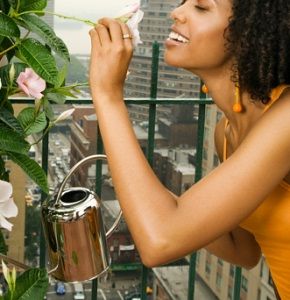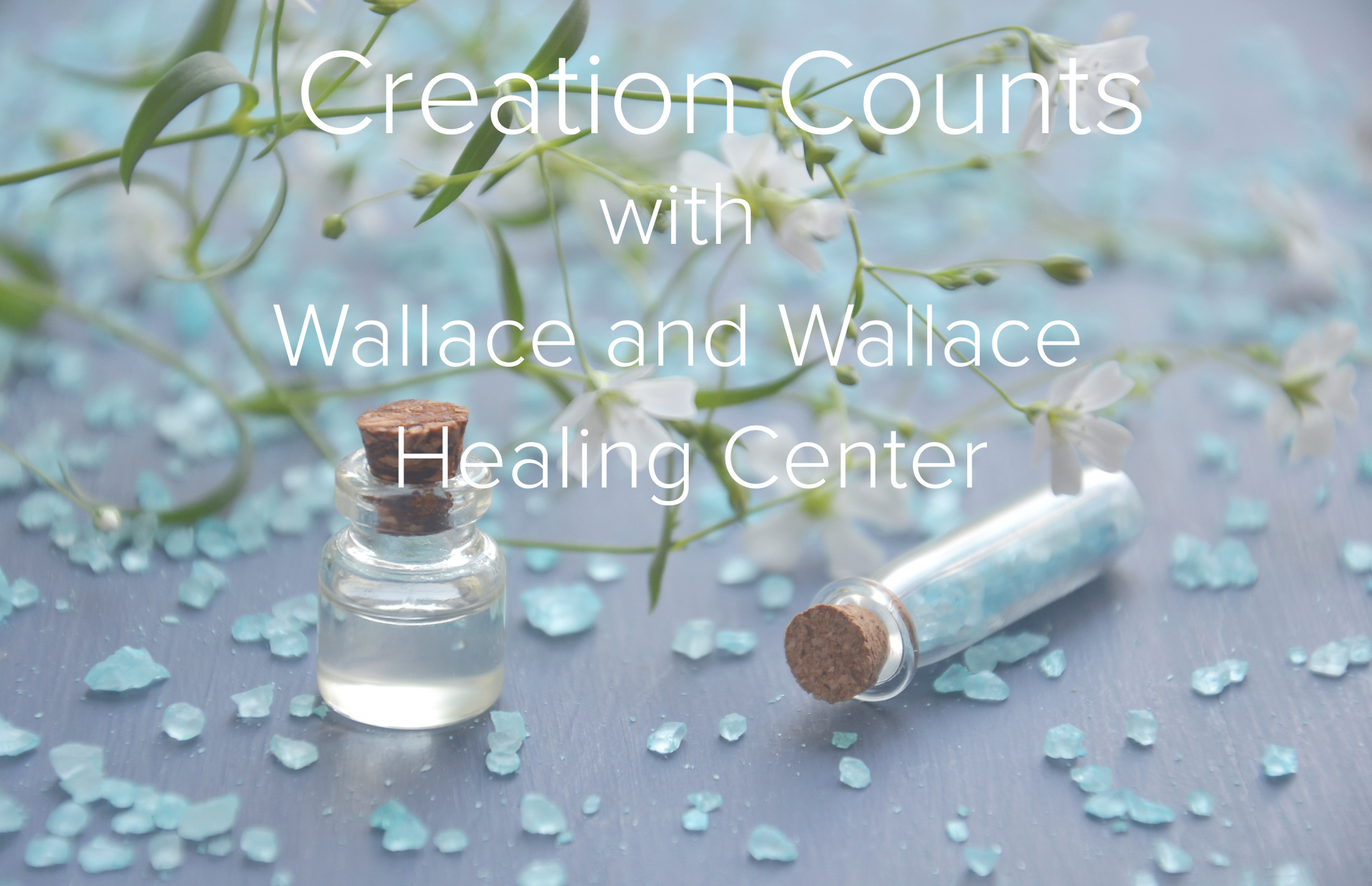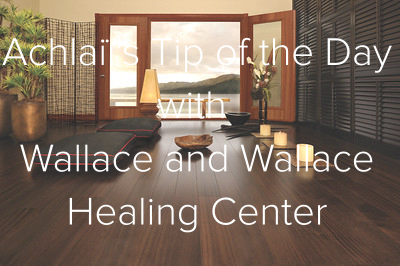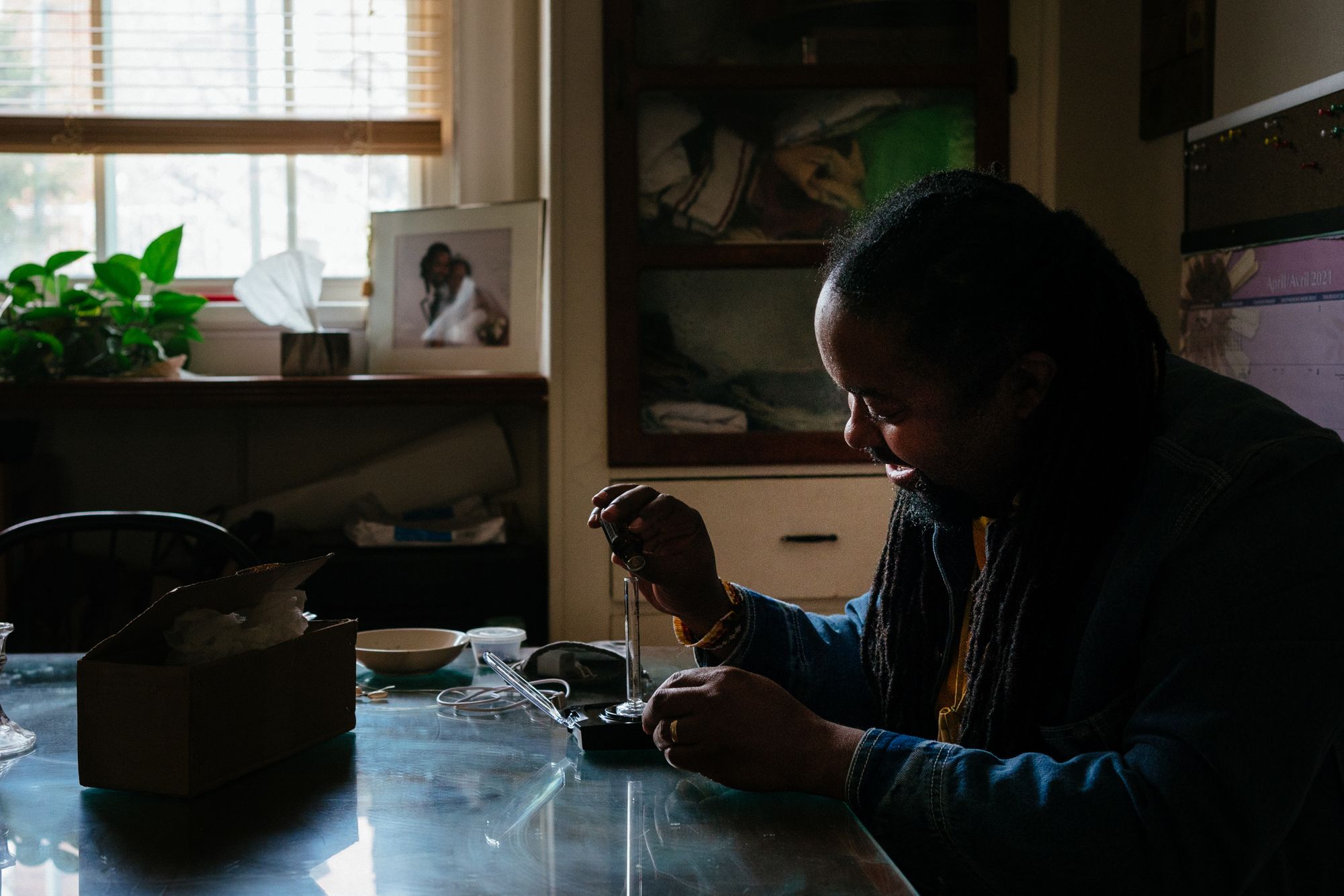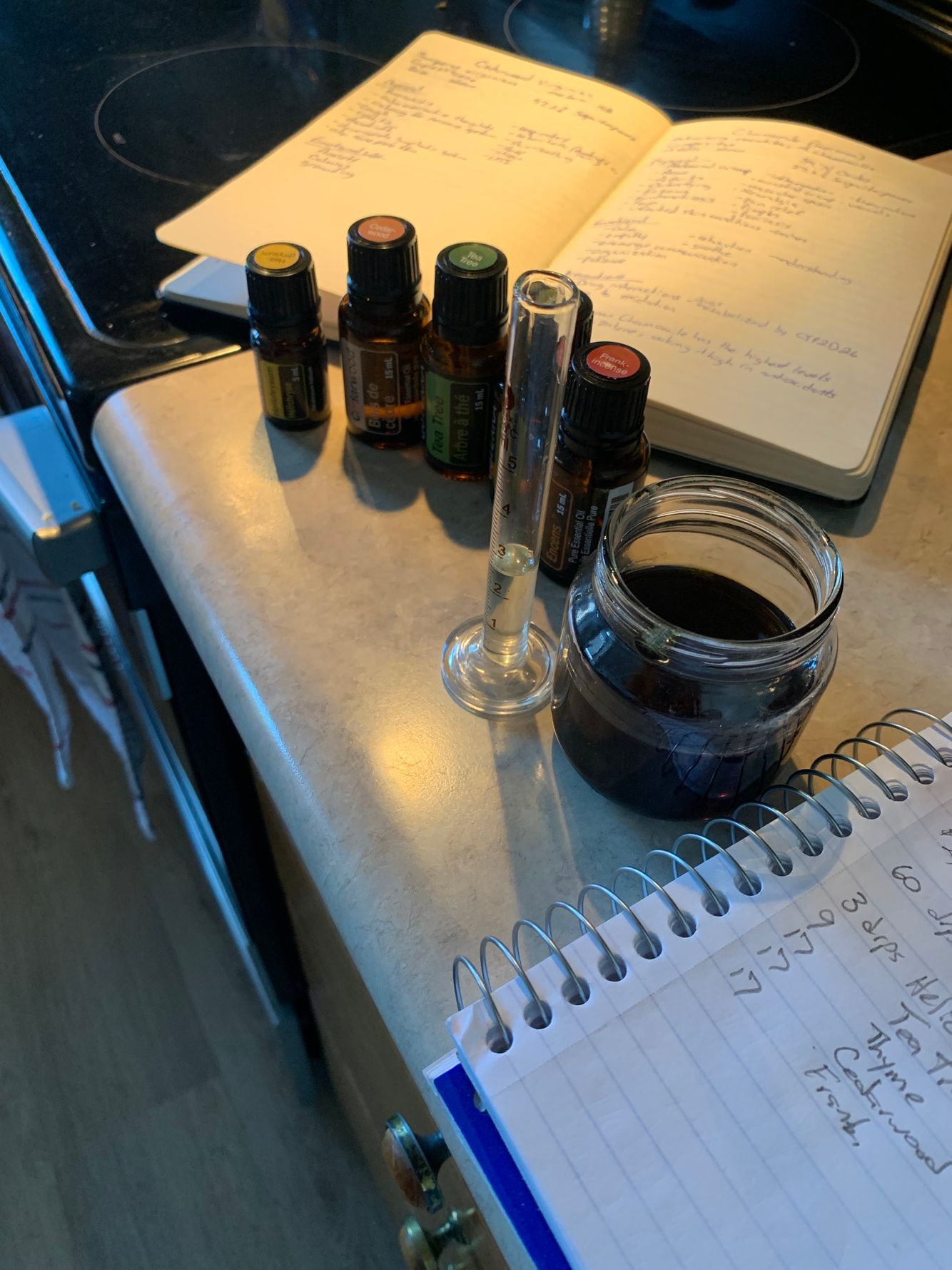Blog
The Synergy of Scent and Soul: How Clinical Aromatherapy Enhances Psychotherapy for Holistic Healing
Here at the Wallace and Wallace Healing Center, we believe in treating the whole person—mind, body, and spirit. True wellness isn’t achieved by addressing symptoms in isolation, but by understanding the intricate connections between our physical and emotional selves. In our pursuit of this integrated approach, we’ve found a powerful partnership in combining the profound depth of psychotherapy with the subtle, yet potent, support of clinical aromatherapy.
While many think of essential oils simply for their pleasant scents, clinical aromatherapy is a therapeutic practice that uses highly concentrated plant extracts to support physical and emotional health. When intentionally paired with the introspective work of psychotherapy, it becomes a remarkable tool for facilitating deeper healing and lasting change.
How Does This Partnership Work?
Our sense of smell is our most primal sense. Unlike other sensory information, scent bypasses the thalamus (the brain’s “switchboard”) and travels directly to the limbic system—the brain’s epicenter for emotion, memory, and behavior. This is why a single whiff of a specific scent can instantly transport us to a vivid memory and evoke a powerful emotional response.
moreFrom the Rainforest to You: Copaiba Essential Oil
From the Rainforest to you: Copaiba Essential Oil
In recent years, essential oils have garnered significant attention for their potential health benefits and versatile uses. Among these, Copaiba essential oil has emerged as a popular choice, celebrated for its various therapeutic properties and applications. Derived from the resin of the Copaifera tree, native to the Amazon rainforest, this essential oil boasts a rich history of traditional use and a growing body of modern research supporting its efficacy.
1. A Brief Overview:
Copaiba essential oil, with its warm, woody aroma, has been traditionally utilized by Indigenous communities for centuries for its wellness-promoting qualities. The resin is extracted through a sustainable tapping process, ensuring the preservation of the Copaifera trees and supporting local communities.
2. Therapeutic Properties:
Rich in beta-caryophyllene, a natural compound with anti-inflammatory and analgesic properties, Copaiba essential oil is celebrated for its potential to soothe discomfort and support overall wellness. Its calming and grounding aroma also makes it a popular choice for promoting relaxation and emotional balance.
moreCan Talking Really Help?
Can talking really help?
Talk therapy, also known as psychotherapy, has long been recognized as a powerful tool for promoting mental and emotional well-being. Through open dialogue and guidance, individuals can explore their thoughts, feelings, and behaviors in a safe, supportive environment. Let's delve into the myriad benefits of talk therapy and uncover its profound impact on personal growth and healing.
1. **Emotional Resilience**: Talk therapy offers a safe space for individuals to express and process their emotions. By working through challenging experiences and understanding their emotional responses, individuals can develop greater emotional resilience and cultivate healthier coping mechanisms.
2. **Improved Relationships**: Engaging in talk therapy can enhance one's communication skills and emotional intelligence, leading to improved relationships with family members, friends, and colleagues. As individuals gain insight into their own patterns and behaviors, they often experience positive shifts in their interactions with others.
3. **Stress Reduction**: Through the process of talking and self-reflection, individuals can gain clarity on sources of stress and anxiety in their lives. Therapists can provide tools and strategies to manage stress, ultimately leading to a more balanced and fulfilling life.
moreThey Brought it to Jesus on Purpose...
Frankincense essential oil has been cherished for centuries for its remarkable properties and captivating fragrance. Derived from the resin of the Boswellia tree, this precious oil has a rich history of ceremonial and medicinal use. Let's explore the fascinating world of frankincense essential oil and uncover its myriad benefits.
1. **Historical Significance**: Frankincense has been revered across various cultures and civilizations. It holds a significant place in religious and spiritual ceremonies, often symbolizing purification and divine connection. Its historical uses range from incense for sacred rituals to a valued ingredient in traditional medicine.
2. **Aromatherapy and Relaxation**: The aroma of frankincense essential oil is renowned for its calming and grounding effects. When diffused, it can create a serene ambiance, promoting relaxation and mental clarity. Many individuals use it during meditation to enhance spiritual awareness and uplift the mood.
3. **Skincare Marvel**: Frankincense essential oil is celebrated for its skincare benefits. Its astringent properties make it a valuable addition to beauty regimens, aiding in toning and rejuvenating the skin. When diluted with a carrier oil, it can be applied topically to reduce the appearance of blemishes and promote a healthy complexion.
moreUnderstanding the Power of Secure Attachment Theory
Understanding the Power of Secure Attachment Theory
Attachment theory, first developed by John Bowlby and further expanded upon by Mary Ainsworth, has significantly influenced our understanding of human development and relationships. At the core of this theory lies the concept of secure attachment, which plays a pivotal role in shaping our emotional well-being and interpersonal connections. Let's explore the profound impact and key aspects of secure attachment theory.
1. What is Secure Attachment?
Secure attachment refers to the emotional bond formed between an infant and their primary caregiver. This bond, characterized by trust, comfort, and a sense of security, serves as a foundation for the child's future relationships and overall psychological resilience. When children feel securely attached, they are more likely to explore their environment, seek comfort from their caregiver when needed, and develop a positive sense of self-worth.
2. The Role of Caregiver Responsiveness:
One of the cornerstones of secure attachment is the responsiveness of caregivers to a child's needs. Consistent and sensitive caregiving fosters a secure base from which children can confidently engage with the world, knowing that their caregiver is available and responsive when they seek comfort or support.
moreUnveiling the Benefits of Clinical Aromatherapy
Unveiling the Benefits of Clinical Aromatherapy
Clinical aromatherapy, a practice that utilizes essential oils to promote physical, emotional, and mental well-being, has garnered attention for its potential therapeutic benefits. While it has been used for centuries, our ancestors and even grandma knew, but its integration into clinical settings has provided a unique dimension to modern healthcare. Let's delve into the significant advantages of clinical aromatherapy.
1. Stress Reduction:
Clinical aromatherapy is known for its stress-relieving properties. Certain essential oils, such as lavender, chamomile, and bergamot have been shown to help reduce anxiety and promote relaxation, offering clients and healthcare professionals a natural method to manage stress levels.
2. Pain Management:
Essential oils like peppermint and eucalyptus, frankincense and copaiba have demonstrated analgesic properties, making them valuable in pain management. When used in clinical settings, these oils can complement traditional pain relief methods, potentially reducing the need for higher doses of pharmaceutical interventions, also avoiding dependence on potentially addictive medicines.
moreClinical Aromatherapy and Psychotherapy: A Good Marriage
Clinical aromatherapy and psychotherapy work together by combining the therapeutic benefits of essential oils with talk therapy techniques to address emotional, psychological, and physical issues. The use of essential oils in clinical aromatherapy can help to support mental and emotional health by reducing anxiety, depression, and stress. The therapist may use different methods such as inhalation, massage or diffusion to deliver the essential oils, and may also provide education on how to safely use and blend essential oils at home.
Psychotherapy, on the other hand, helps clients to identify and work through emotional and psychological issues that may be causing distress or interfering with their overall well-being. By addressing the root causes of these issues, clients can develop coping skills and create positive changes in their lives.
Together, clinical aromatherapy and psychotherapy can help to create a holistic approach to mental health and wellness, focusing on the whole person rather than just their symptoms.
moreAchlaï's Tip of the Day 5
What are some ways to stop people from getting defensive in conversations?Check out this Wallace and Wallace Healing Center’s Tip of the Day!! Click on the vid below to find out what Tip of the Day is! Please like and share and most importantly leave a comment letting us know if you tried our Tip of the Day and how it worked for you! #wallaceandwallacehealingcenter #mentalhealth #helpfultips #practicaltipsforyourrelationship #tipofday #conversationtips #healthycommunication #focusonyounotthem #tipoftheday @wallaceandwallacehealingcenter
moreCreation Counts Intro: Welcome to the Journey
Welcome to the journey. I look forward to walking with you!
#aromatherapy #psychotherapy #clinicalaromatherapy #mentalhealth #clinicalaromatherapist #psychotherapist #essentialoils #essentialoil #natural #wellness #selfcare #healthylifestyle #health #therapist #counseling #counselling #mentalhealthawareness #wallaceandwallacehealingcenter
moreMy Journey into Becoming a Clinical Aromatherapist
In 2008, Dr. Richard Twiss laid hands on me and said I needed to press into my heritage as an Afro-Indigenous person. Those words launched me on a journey of ethnic identity that included learning how my people, both the African ancestors and the Choctaw ones, helped people by engaging the land around them. I quickly got involved with gardening. I had the honor of learning from Master Gardeners like Mr. Allen Keesee, a Lumbee, and others who had garnered a lifetime of wisdom about how plants work. As I grew in my own understanding, I began looking for ways to help people with this knowledge.
Naturally, herbalism was the next step. I greatly enjoyed mixing plants, making poultices, and brewing tinctures for any and everyone that I could. I felt as if I was honoring my ancestors by keeping alive the traditional knowledge of how people could use natural means of healing, as complimentary modalities to Western medicine.
In 2020, shortly before the pandemic hit in full force, my wife asked if I wanted to attend a webinar by an author friend of ours, Sundee Frazier. She introduced me to essential oils, know that I enjoyed the powerful aspects of plant medicine. I was astounded at their potency, and the wide range of plants that I could have access to that I wouldn't have had otherwise, not to mention that they were much cleaner than harvesting the plants themselves. At first, I was only using them for myself and my family. It wasn't long until I discovered that there was an entire field dedicated to the use of essential oils: aromatherapy. The more I learned, the more I realized was out there and the more I wanted to dive deeper.
moreAromatherapy and Mental Wellness
A unique marker for Wallace and Wallace Healing Center is that we offer both clinical aromatherapy and psychotherapy in the same practice. Why do we do this? How are the two related? Allow me to connect the dots.
Mental health evokes images of our brain. The reality is that it is actually a whole body phenomena. Each of our body systems is controlled by the brain, but if there isn't homeostasis, or balance, in our bodies, then we are living in wellness, including mentally. Clinical aromatherapy works to bring those systems to their optimal functioning so that our minds can operate the best that it can. Let me give you an example. Inflammation in our bodies causes all sorts of terrible discomfort, from migraines to arthritis. Stress, anxiety, relational strife, can all lead to elevated levels of stress hormones in our bodies which in turn can cause more inflammation and thus discomfort. However, if we used a pure and potent essential oil or even the plant matter itself, we can work to lessen the discomfort which can then allow the client to better be able to focus on the root causes of the stress. This is a complementary modality. A client might come in to the psychotherapy side and have a successful session but could benefit from the healing aspect of aromatouch oil application (massage) so the referral would flow that way. Or, a client might come for physical issue that the practitioner can very quickly see has a root cause that is more on the mental health sided (think anxiety or depression). Therefore, the referral would flow from the clinical aromatherapy to the psychotherapy side. This partnership allows the client to pursue holistic wellness, mind and body, in the same practice.
moreRest: The Green Pastures He Leads Us To
We, too often, take rest for granted. However, it is actually a gift that is meant to lead us to wellness. Various leaders, from both the medical and the mental health fields, are trying to help us realize the importance that rest plays in our physical, spiritual, and emotional health.
Someone once told me that, in the Jewish mindset, the day begins at sundown not sunrise. We can miss the importance of this, but the reality is that we begin our day with rest so that we can serve the Lord, not with work and then ending with rest to recouperate. What we do flows from rest, not the other way around. This cycle was established on the very first page of the Bible. God said "...and there was evening and morning, the first day." And this cycle of rest is essential for us to opperate at our best so that we can be a blessing to everyone around us. Rest allows our bodies to recouperate on a cellular level, according to the Wellness Blessing blog. It balances hormones, supports the immune system, and serves to reduce inflammation in our bodies. Dr. Rachel Salas, associate professor of Neurology at John's Hopkins Medical said "You can't perform at your best unless you give your body time to rejuvenate during sleep." And what is interesting is that "your best" is multidimensional and it is worship. Dr. Shannon McDonald, FNHA Deputy Chief Medical Officer, put it this way. "Rest is not only physical, but mental, emotional, and spiritual- it's nourishment for both body and soul. Our ancestors and traditional knowledge keepers knew this, and today, science is bearing this out. In the mental health field, Harvard Health Publications (July 2009) said that "once viewed only as symptoms, sleep problems may actually contribute to psychiactric disorder." What that means is that sleep can directly impact our mental health as well. "Neuroimaging and neurochemistry studies suggest that a good night's sleep helps foster both mental and emotional resiliency while chronic sleep disruptions set the stage for negative thinking and emotional vulnerability." If God, our ancestors, and modern scientist are all saying that this is important, perhaps we should sit still and listen.
moreStress and Walking Toward Wellness
Stress is an inevitable part of life, but how we address it is controllable. This week we focus on this nefarious word and look at ways we can take care of ourselves.
Our bodies are designed by God to react to outside stimuli to keep us safe. For instance, if a lion is charging at you, your brain will release Cortisol, a hormone that will prepare your body to fight the lion, or to run. Now, hopefully, most of you are not having to battle lions daily, but we do face tons of stressful situations in our lives. That same hormone helps us to deal with them. However, sometimes extended Cortisol production can cause our bodies to get stuck in that fight or flight mode even when we don't need to. This can have negative consequences on our wellness. I affects four main aspects connected to our mental health: our thoughts, our bodily reactions, our behaviours, and our emotions.
The effects of stress can show up in our thoughts as a struggle to concentrate or to make decisions, or as a loss of self-confidence and negativity toward yourself our others. Our bodies respond to prolonged stress by fighting itself. We can feel achy muscles, have rapid breathing, elevated heart rates, headaches, difficulty sleeping, fatigue, changes in sex drive, and a weakened immune system (leading to all sorts of sickness). The way we react to the world also can change: we might withdrawl from others, have trouble calming ourselves, fidgeting, turning to harmful substances, or outright avoidance of situations. And finally, our emotions take a toll. We could experience an increase in worry or confusion, anger or irritability, feel a sense of being overwhelmed, and feeling like we just can't cope.
moreWhy Christians Should Use Aromatherapy
For too long has the field of aromatherapy been relegated to spiritualists and practitioners of the New Age Movement. The truth is aromatherapy has been a part of God's design for worship since the beginning of worship.
The Enlightenment robbed us of something important in worship: the unity of all our senses. The elevation of the mind over sight, touch, taste, and smell made our ability to worship anaemic. But the reality is God created us as holsitic beings on purpose. Our sense of smell was designed to connect to our worship. Let me explain. In your nose is an organ called the Olfactory Bulb. It receives the particles of whatever it is that you are smelling, translates it into electrical impulses that fire out the back straight into the middle of your brain. The Limbic system found there is the center of emotions and memories. That means the feelings associated with worship and a heart turned toward God, yep, they sit right there. Exdous 30 has ancient aromatherapists (perfumers) making specific blends to be used in the tablernacle, and later the temple. They also made blends for transition rights like weddings and funerals. Why? Because smell was a part of connecting creation with the Creator. Let me give you an example. The woman who anointed Jesus' feet with fragrant oil, brought something that was not only monetarily valuable, but showed tagibly and aromatically that this person, Jesus, was set apart (holy). Anyone that smelled the scent (and I'm sure everyone did since she used all the oil), would have recognized that something special was happening here. Jesus must be a pretty special person. Jesus interpreted the smell to those who were around: this smell is symbolic of her hearts posture of repentence and worship and points to her love of God. What if we, today, treated the scents around us this way? When we smell flowers, let it remind us of God's provision for us because he dresses the flowers of the fields. When we smell food cooking, let it remind us of Jesus as the Bread of life. When we smell certain essential oils, let its emotional work in our brains connect us to the Creator of both the scent and the brain that interprets it! Romans 12:1 reminds us to offer our bodies as a living sacrifice, and this is worship. Our entire bodies, including our sense of smell. Christians need to restore the right place of aromatherapy in our view of who God is and how we connect with him.
moreAromatherapy Explorations #1
When we walk in the woods skincare protection is all around us. We just have to see it.
As I walked down the trail and noticed the flowers pressing hard to reclaim the path space, I wondered "what is that good for?" So as I am apt to do nowadays, I whipped out my plant identification app (because I am an herbalist at heart) and snapped a quick picture of the plant. The winner today: Goldenrod! Now, I know Goldenrod gets a bad wrap for its partner Ragweed and the havoc they wreak on some people's allergies, but the reality is Goldenrod has a myriad of aromatherapy and herbalism benefits from respiratory support, UTI care, anti-inflammation, and wound care. So to help someone close with a skin condition, I plucked a handful of leaves (never taking more than 10% of the plant for sustainability purposes) and headed home to make a salve.
After infusing avocado oil, coconut oil, beeswax, and shea butter with the Goldenrod leaves, I added the following essential oils: Helichrysum, Tea Tree, Thyme, Cedarwood, and Frankincense. These oils are highly anti-inflammatory, anti-bacterial, and healing. Now the salve is cooling and I will give the gift once it has solidified. Wellness and healing was right there in the weeds on the side of the path, we simply needed to have the eyes to see it.
more
